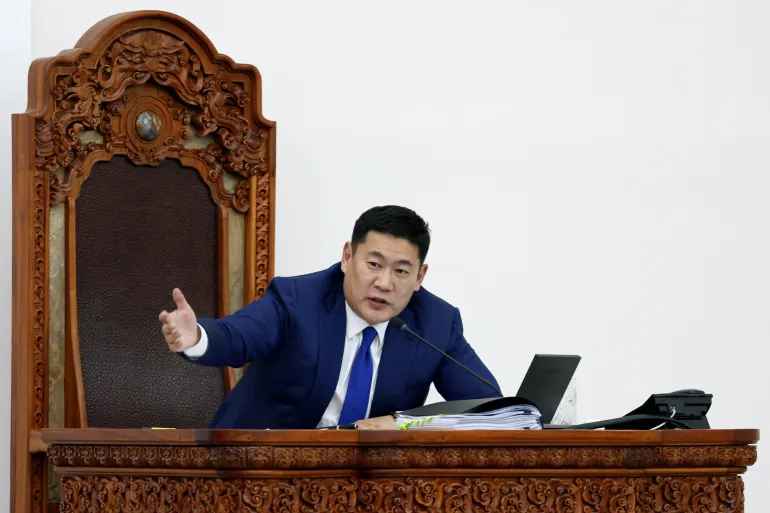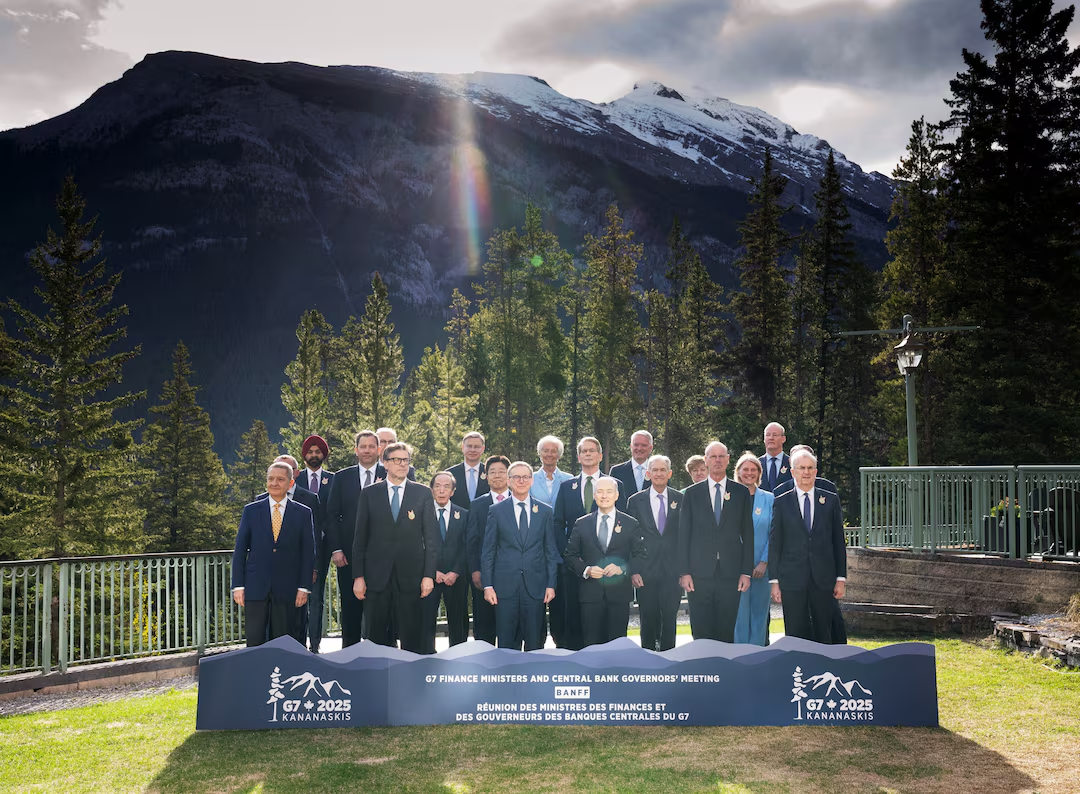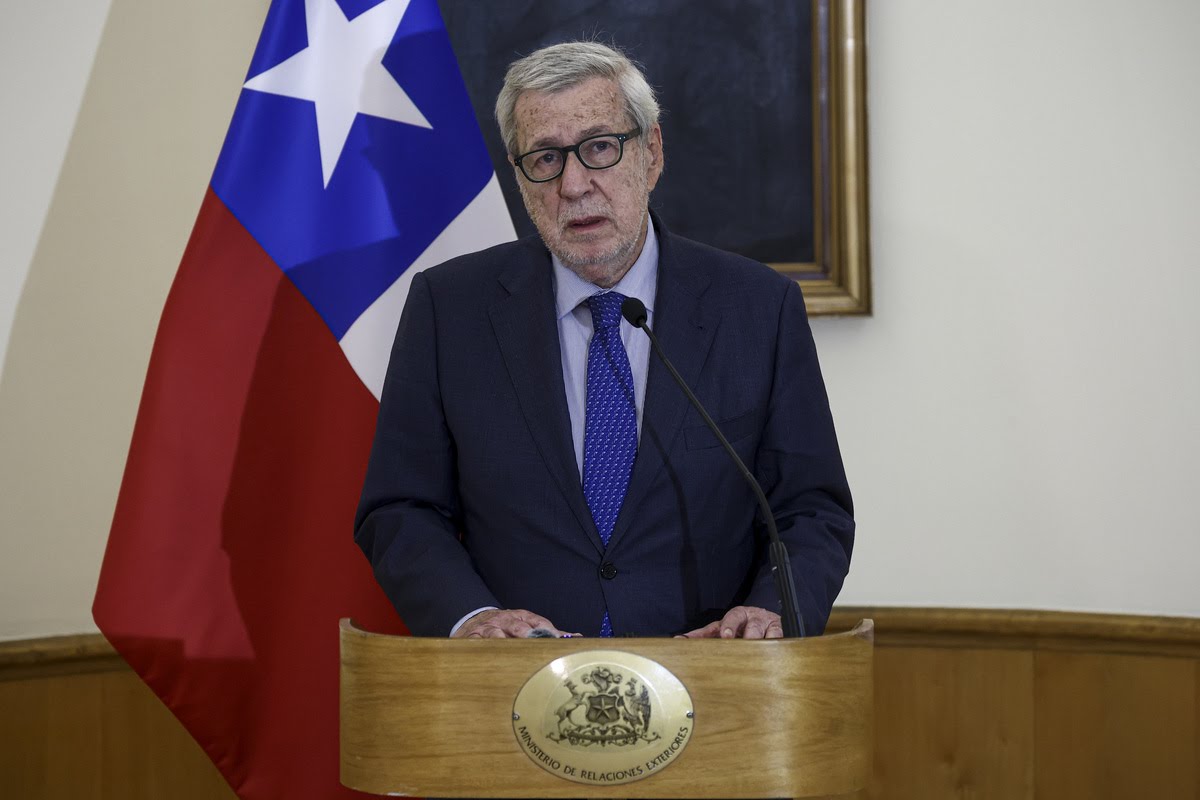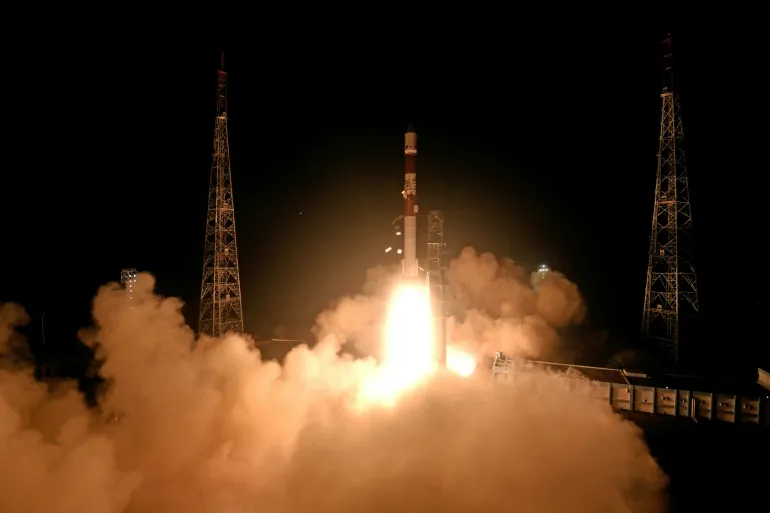Mongolia’s Prime Minister Luvsannamsrain Oyun-Erdene has been removed from office following weeks of mass protests against alleged government corruption and mismanagement, Al Jazeera reported on June 3. The political upheaval comes amid mounting public anger over scandals linked to state-owned mining operations and a deepening cost-of-living crisis.
Parliament passed a no-confidence motion against Oyun-Erdene in an emergency session late Tuesday, with 45 of the 76 members voting in favor of his dismissal. The motion was introduced by lawmakers from both opposition and ruling parties, signaling growing frustration within the political establishment.
Protests erupted in the capital, Ulaanbaatar, last month after investigative reports surfaced alleging widespread embezzlement in the state-run coal and copper sectors. Demonstrators accused top officials, including members of the prime minister’s inner circle, of pocketing millions of dollars in illicit profits from export deals with neighboring China.
Anger has been especially intense among young Mongolians, who took to the streets demanding transparency, accountability, and economic reform. Images of protesters braving sub-zero temperatures in Sukhbaatar Square went viral, drawing national and international attention.
Oyun-Erdene, who took office in 2021, initially rose to power promising to tackle corruption and modernize the economy. However, his administration has faced persistent allegations of cronyism and failure to deliver reforms. His opponents claim that despite his anti-corruption rhetoric, little progress was made in curbing elite impunity.
During a defiant speech ahead of the no-confidence vote, Oyun-Erdene denied personal wrongdoing and said he had “made every effort” to bring transparency to Mongolia’s extractive industries. He warned that removing his government could create instability and hinder ongoing negotiations with foreign investors.
But opposition leaders dismissed those claims. “This is not about politics — it is about justice,” said MP Oyungerel Tsedevdamba. “The Mongolian people have spoken clearly. We must act.”
President Ukhnaagiin Khürelsükh, a political ally of Oyun-Erdene and head of the ruling Mongolian People’s Party (MPP), is expected to appoint a caretaker government in the coming days. Sources close to the presidential palace said consultations are underway to select a replacement who can restore public trust and stabilize the political environment.
The crisis has also raised concerns in international markets, as Mongolia is heavily reliant on mining exports and foreign investment. The state-owned Erdenes Tavan Tolgoi coal company, at the center of the corruption allegations, is a major supplier to China. Analysts fear prolonged instability could delay key infrastructure projects and discourage future investment.
The United Nations and several Western embassies in Ulaanbaatar have issued statements urging calm and calling for respect for democratic processes. Human rights groups have praised the largely peaceful nature of the protests and emphasized the need for independent investigations into corruption claims.
Public frustration has been building for years in Mongolia over the concentration of wealth and power among political elites, despite the country’s vast natural resources. Inflation, unemployment, and environmental degradation have added to the sense of disillusionment, particularly among young people and rural communities.
With elections scheduled for next year, political observers say the government shake-up may be just the beginning of broader changes in Mongolia’s political landscape. Citizens are demanding not only new leadership but also structural reforms to ensure greater transparency and accountability.
As the country navigates this pivotal moment, many Mongolians see the fall of Oyun-Erdene’s government as a critical step toward reclaiming public control over national resources and reinforcing the democratic values established since Mongolia’s transition from communism in the 1990s.
Source; Al Jazeera



